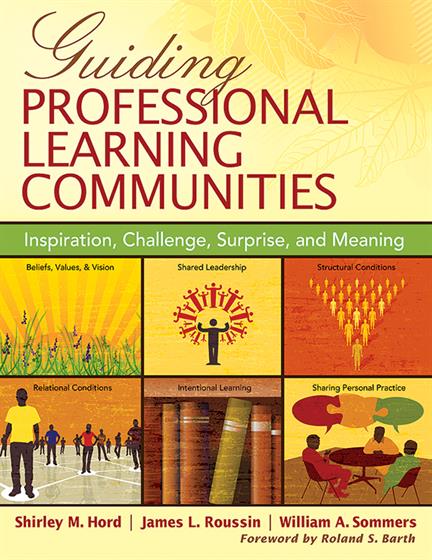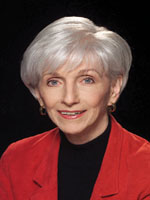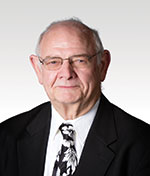
Hands-on, Practical Guidance for Educators
From math,
literacy, equity, multilingual learners, and SEL, to assessment, school counseling,
and education leadership, our books are research-based and authored by experts
on topics most relevant to what educators are facing today.
Guiding Professional Learning Communities
Foreword by Roland S. Barth
The how-to guide for developing, implementing, and sustaining a PLC!
This implementation handbook offers more than 30 structured "learning opportunities" to help busy educators put the research-based components of effective PLCs into practice. Ideal as a companion to Leading Professional Learning Communities, but also valuable as a standalone resource, this sequel guides educators in developing a new PLC or sustaining an existing one. Members of PLCs can use the engaging learning opportunities to facilitate individual and team development by exploring:
- Beliefs, values, and vision
- Shared leadership
- Structural conditions
- Relational conditions
- Intentional learning
- Sharing personal practice
- Grade Level: PreK-12, Elementary, Secondary
- ISBN: 9781412972710
- Published By: Corwin
- Year: 2009
- Page Count: 240
- Publication date: November 24, 2009
Price: $39.95
For Instructors
When you select 'request review copy', you will be redirected to Sage Publishing (our parent site) to process your request.
Other Titles in: Professional Learning Communities | Teacher Leadership | School Change, Reform, & Restructuring




